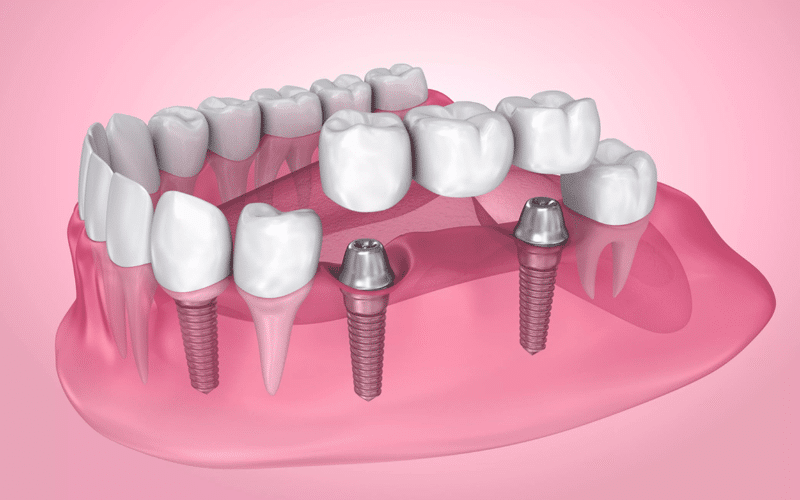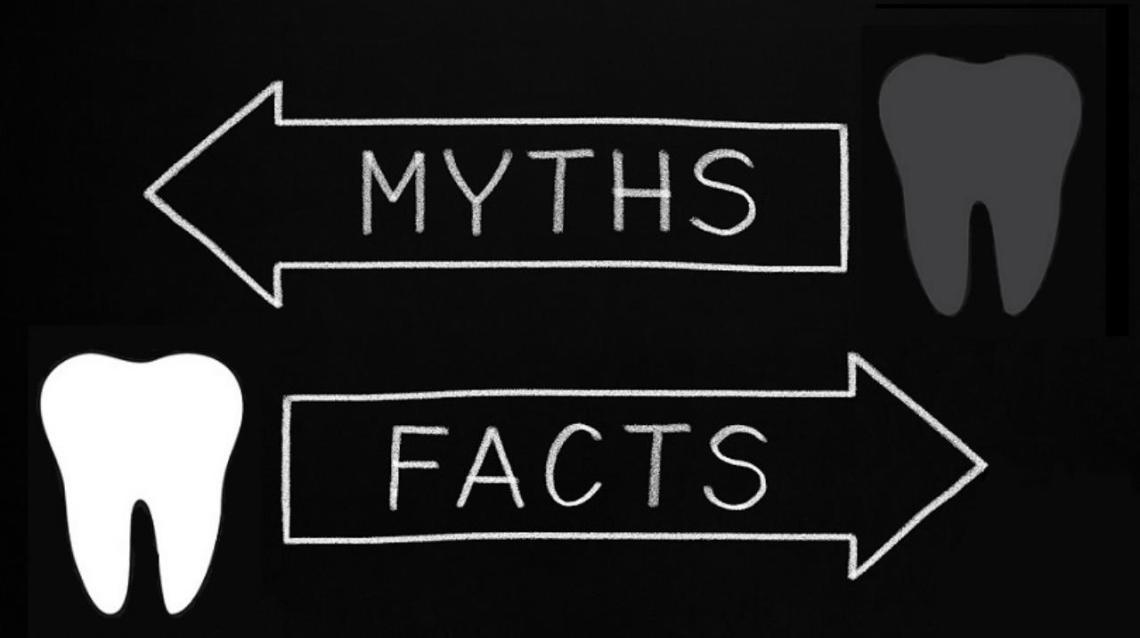
Bridges Demystified: Types, Costs, and Long-Term Care Tips
Missing teeth can affect more than just your smile they can impact your chewing ability, speech, and even the alignment of your remaining teeth. One of the most reliable solutions to restore missing teeth is a dental bridge. Bridges are designed to literally “bridge” the gap created by missing teeth, offering both functional and aesthetic benefits. If you are considering a dental bridge, this guide will help you understand the types, costs, and tips for long-term care.
At Sood Dental Care & Implant Centre, Dr. Isha Sood (BDS, MDS, Dental Surgeon – 10+ years experience) provides expert care to ensure your dental bridge not only restores your smile but also maintains your oral health.
What is a Dental Bridge?
A dental bridge is a fixed dental restoration that replaces one or more missing teeth. It is anchored to neighboring natural teeth or implants, providing stability and a natural appearance. Bridges help:
- Restore chewing and speaking ability
- Prevent remaining teeth from shifting
- Maintain facial structure and smile aesthetics
Types of Dental Bridges
- Traditional Bridges: The most common type, traditional bridges use crowns on the teeth adjacent to the gap to support a false tooth (pontic). They are strong, durable, and suitable for most areas of the mouth.
- Cantilever Bridges: These are anchored to only one adjacent tooth and are usually used when there is no tooth on one side of the gap.
- Maryland (Resin-Bonded) Bridges: Made of metal or porcelain wings that are bonded to the back of adjacent teeth, Maryland bridges are less invasive and ideal for front teeth.
- Implant-Supported Bridges: Instead of relying on natural teeth, these bridges are anchored to dental implants, offering superior strength, stability, and longevity. They are ideal when multiple teeth are missing.
Cost of Dental Bridges
The cost of a dental bridge depends on the type, materials, and complexity of the procedure:
- Traditional Bridges: Moderate cost, durable for many years
- Cantilever Bridges: Slightly lower cost, used for specific cases
- Maryland Bridges: Cost-effective but less durable
- Implant-Supported Bridges: Higher upfront cost, but long-lasting and highly natural-feeling
At Sood Dental Care & Implant Centre, we provide personalized treatment plans and quotes based on your oral health and needs.
Long-Term Care Tips for Bridges
Proper care ensures that your dental bridge lasts for many years:
- Brush at least twice a day with fluoride toothpaste
- Floss carefully under the bridge using a floss threader
- Avoid sticky or hard foods that could damage the bridge
- Schedule regular dental check-ups and professional cleanings
Following these tips will help prevent decay around supporting teeth and maintain the strength and appearance of your bridge.
Benefits of Dental Bridges
- Restored Function: Chewing and speaking are improved
- Enhanced Smile: Bridges fill gaps, restoring confidence
- Prevents Tooth Shifting: Keeps remaining teeth aligned
- Durable Solution: Bridges can last 10–15 years or more with proper care
Benefits of Dental Bridges
- Restored Function: Chewing and speaking are improved
- Enhanced Smile: Bridges fill gaps, restoring confidence
- Prevents Tooth Shifting: Keeps remaining teeth aligned
- Durable Solution: Bridges can last 10–15 years or more with proper care
Why Choose Sood Dental Care & Implant Centre?
With over 10 years of experience, Dr. Isha Sood (BDS, MDS, Dental Surgeon) specializes in restorative dentistry, including bridges, implants, and other tooth replacement options. Our clinic combines advanced technology with patient-focused care, ensuring that your dental bridge is functional, comfortable, and natural-looking.
📞 Call: 99140-66700
🌐 Visit: www.sooddental.com

We at Sood Dental Care and Implant Centre are committed to providing you with comprehensive dental solutions for all your dental problems. Schedule your appointment today and take the first step towards a healthier, brighter smile! To make an appointment Call us on +91 9914 066 700





